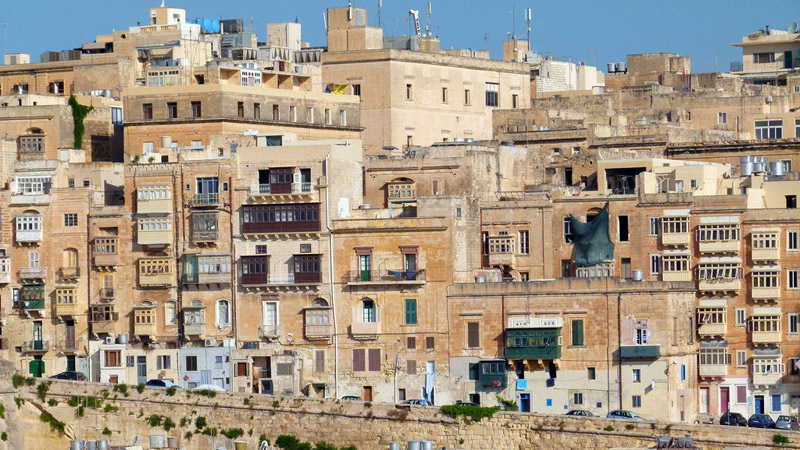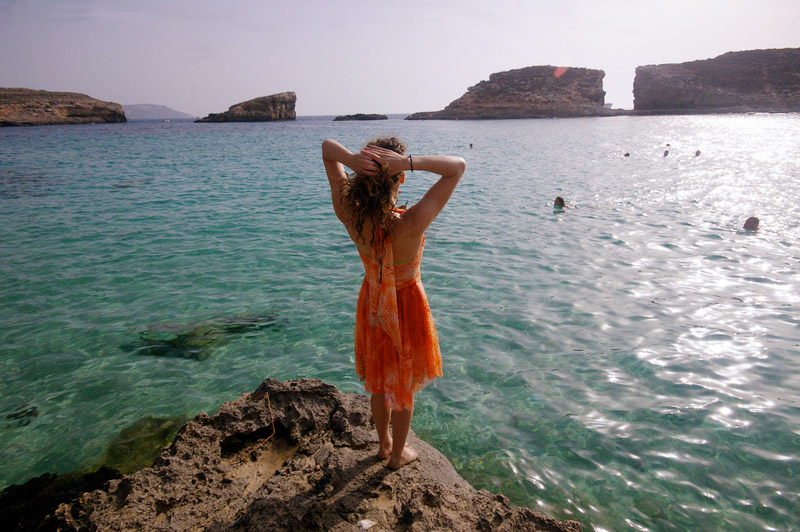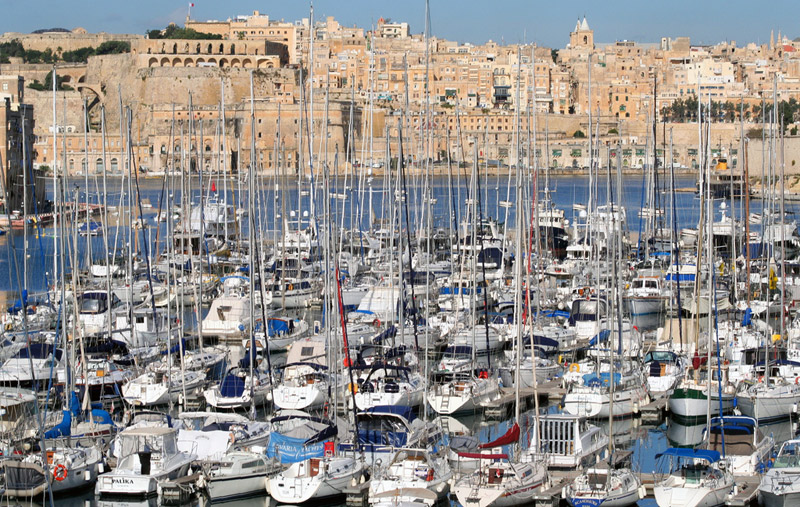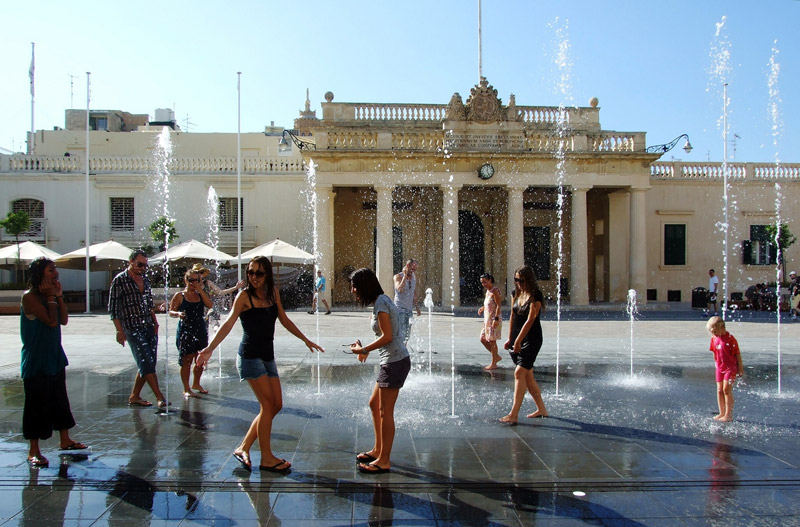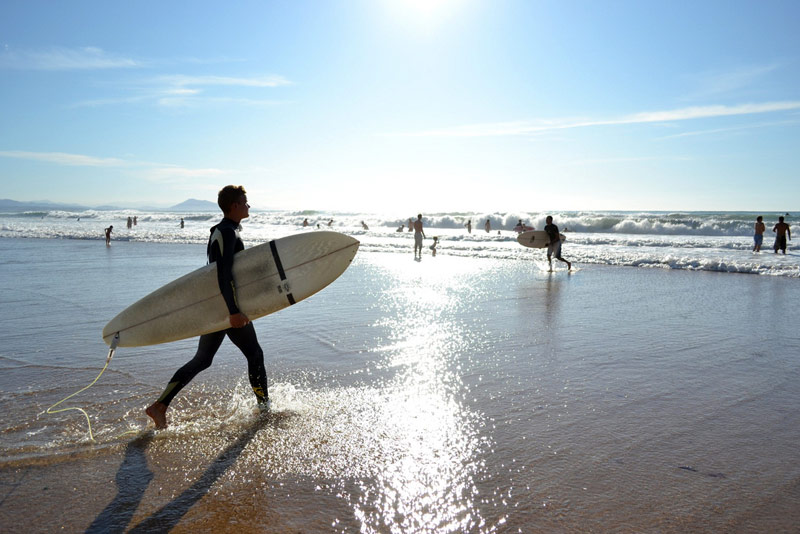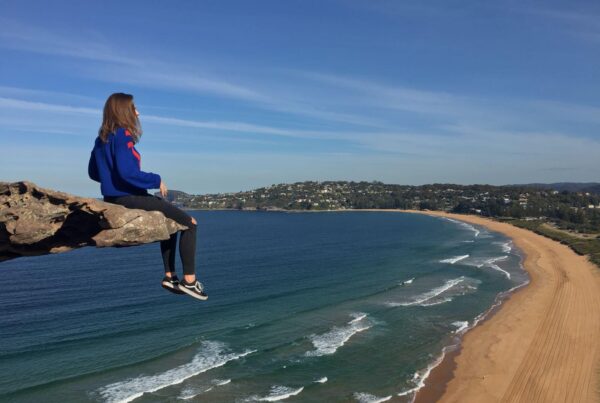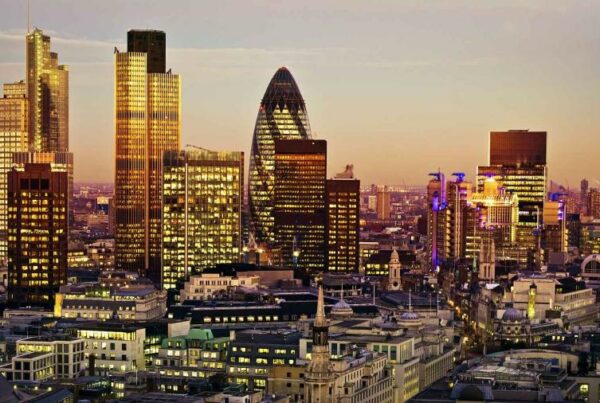The English language in Malta
Ever thought about learning English in Malta? You should probably learn why English is an option in the country…
The date was 12 June 1778. After a short battle with the Knights of the Order of St John, Napoleon Bonaparte sailed under the hot Mediterranean sun into Valletta’s Grand Harbour. He was there to claim Malta for France.
Before setting sail for Egypt six days later, the French military leader set up a government commission, public finance administration, family legal system and twelve municipalities. The island’s slaves were freed and slavery was outlawed. A new public schooling system was introduced including 15 primary schools and an Ecole Centrale.
You may think that this rapid development would make Napoleon a local hero, but you would be wrong. The new military rulers were despised by the people of Malta.
The French rapidly made themselves unpopular by pillaging church funds to pay for military conquests and being generally hostile to Catholicism. So, two years later, the British Navy were welcomed as saviours when they helped local fighters to oust the French occupiers. The bond between Britain and Malta was established.
From empire to independence
Malta was a part of the British Empire for most of the following two centuries, until gaining independence in September 1964. After such a long relationship, the cultural ties between Britain and Malta remain strong to this day; among other things, you will recognise it in the electrical plugs, education system and the cars driving on the left!
Photo: Resident on Earth
Perhaps the greatest legacy of those two centuries is the English language, which is an official language in Malta, spoken alongside Maltese in all different parts of local life, from the family dinner table to government business. Higher education in Malta is exclusively in English.
Holiday hotspot
The new concept of package holidays in Britain during the 1960s made foreign travel affordable to more people than ever before.
Instead of the traditional trip to the British seaside, resorts on the shores of the Mediterranean became the new destinations of choice for Brits in need of some sunshine. A mixture of great weather, local charm and the English language made Malta one of the most popular holiday spots for these tourists.
Photo: Gunnar Grimnes
After having a good time in Malta, a large number of British pensioners then retired to the island. With this influx and the booming tourist industry, Malta’s infrastructure rapidly developed. This process continues today, in line with the general increased availability of international travel.
Katya Bonello from our EC English partner school in Malta, says “Malta has attracted tourists from all over the world for many years but in recent years increased airline routes have made Malta more accessible… also improved infrastructure, bus routes and hotel facilities have encouraged tourists to come back to repeat their great experience.”
Modern Malta has an advanced infrastructure that makes it an appealing destination for travellers of all ages. The number of elderly Brits coming to Malta has decreased as the old ties between the countries loosen, but the quality of services remains high. This is one reason why Malta has become one of the top European destinations for an English course.
Study abroad comes to Malta
At the start of the 1990s, as English was cementing its position as the world lingua franca, language schools on the island pitched Malta as a sunny destination for an English course. “Malta is ideal for learning English,” says Katya, “as it is an all-year-round destination… the weather in spring and autumn is very pleasant with warm temperatures and little rainfall.”
Photo: John Haslam
A number of things make Malta particularly attractive as a study abroad destination. The weather and cultural life are certainly enticing, but the events that have shaped the island and its neighbours mean that there is also a fascinating history to be discovered. Due to its crucial strategic position south of Sicily, Malta has long been influenced by other cultures and countries. The oldest artefacts on the island date back to 5,000BC.
In the early years of study abroad in Malta, there was also a significant price advantage over a course in Great Britain, although that has shrunk in the years since Malta joined the Euro.
Changing needs
Malta has continued to evolve as a study abroad destination, in line with the changing expectations of students.
Photo: Jennie Rainsford
While still a crucial aspect of the trip, the language study itself is now only one student consideration when booking. The growing popularity of residential accommodation as opposed to the traditional homestay is evidence of this. Another example is that schools offer increasingly exciting and varied activities programmes. This is an area where Malta excels, particularly for shorter courses.
A shorter trip offers a different kind of immersion to the longer trips that are typical in the UK or more distant destinations; when you stay for a month or less, there is more of a holiday feel. You can also combine a course in Malta with a stay in the UK , to get the best of both worlds.
Photo: Jennie Rainsford
Weekly festas in the villages and towns during the summer months are the perfect way to get into Maltese culture while letting your hair down. Local people spend months planning the parties and everyone is welcome. The startling blue water of the Blue Lagoon by Comino is a beautiful place to swim during a day on the beach. And neighbouring Gozo (which has its own language school) offers some blissfully peaceful nooks and crannies in which to relax and enjoy the sunshine.
All things considered, Malta is an alluring place to study English in Europe. And you are guaranteed a warmer welcome than Napoleon received!
Join the conversation in the comments section below, or contact us to find out more about a language study trip.
